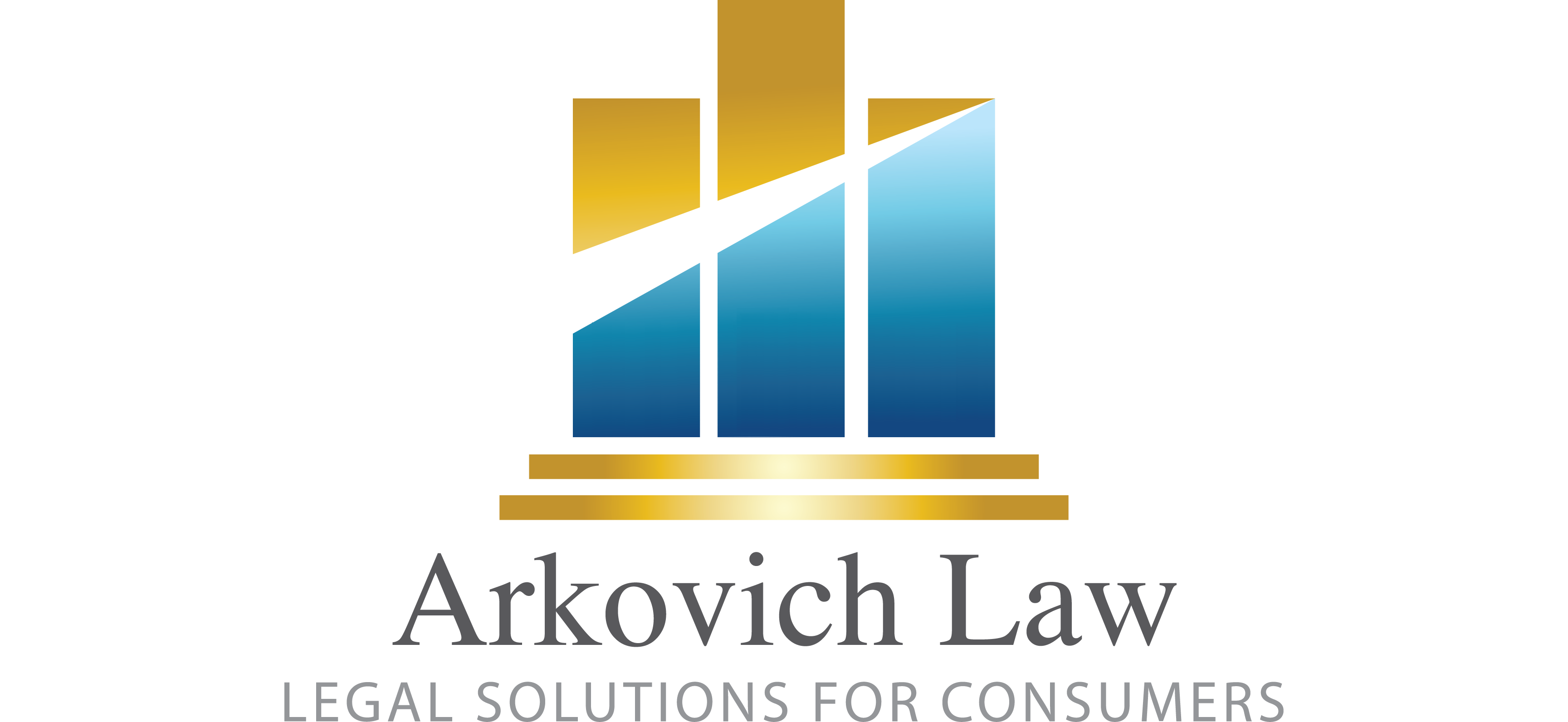 Credit reports and credit scores are used widely in this country. Practically every financial activity somehow involves your credit score. If it’s wrong or lower than it should be, you can be charged additional fees and/or thousands more in interest.
Credit reports and credit scores are used widely in this country. Practically every financial activity somehow involves your credit score. If it’s wrong or lower than it should be, you can be charged additional fees and/or thousands more in interest.
Right now, there are considerable disruptions in the financial world. We are seeing drastic changes involving student loans as you likely know. Duplication of accounts, erroneous reports of missed or late payments are frequent and can be very damaging.
Just yesterday, we heard from a potential client who had been making his payments on time, but due to an addressing error, his loan servicer had changed and he did not receive notice of the change. So his payments have been going to the old servicer. Meantime, the new servicer has dinged his credit for 90 days for missed payments. You can bet something like that can cause a score to decline precipitously. People are regularly denied a mortgage, car, apartment, or new credit for this. At the very least, existing costs will likely go up as other creditors perceive a risky borrower.
 Reboot Your Life: Tampa Student Loan and Bankruptcy Attorney Blog
Reboot Your Life: Tampa Student Loan and Bankruptcy Attorney Blog

